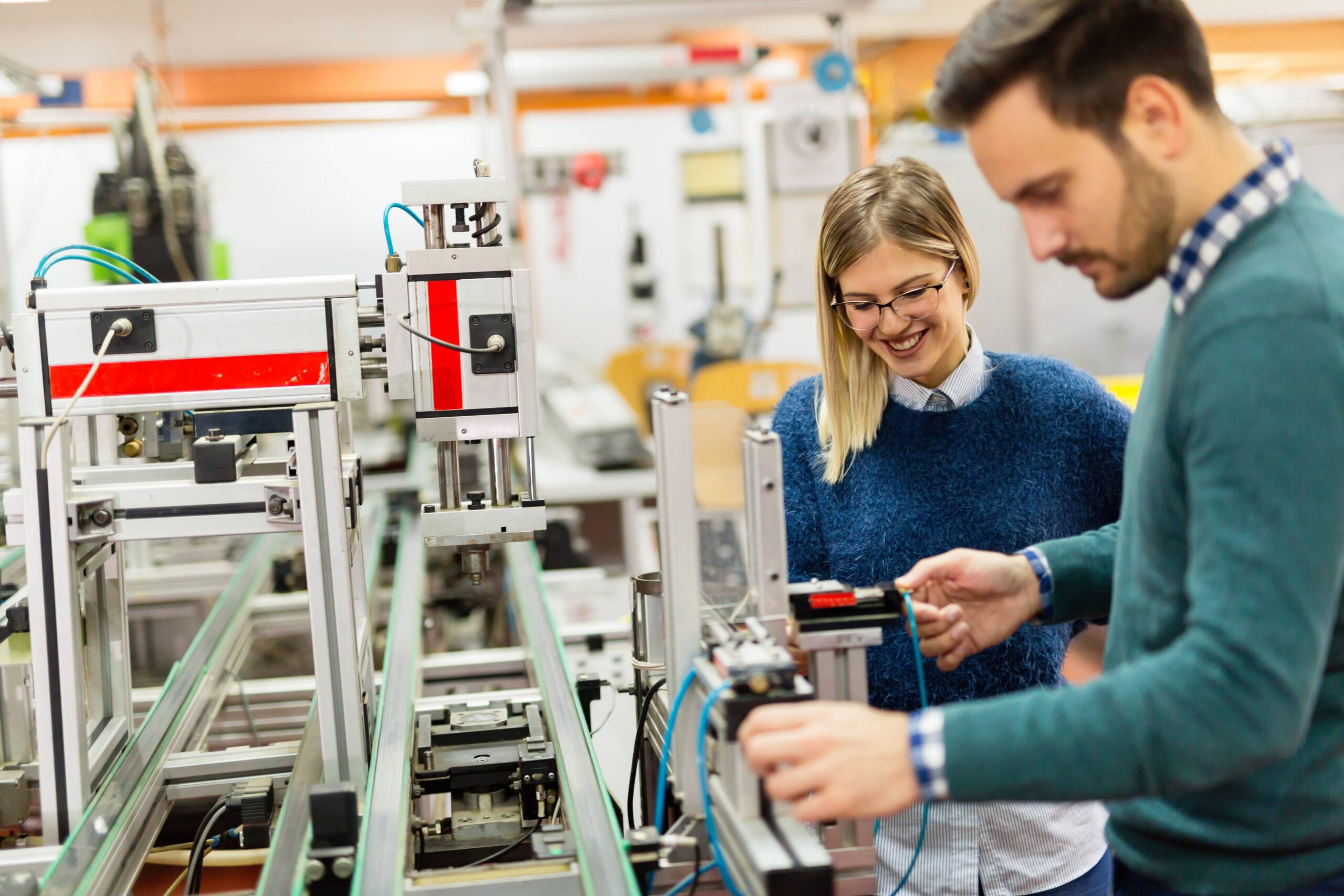In the intricate tapestry of education, where technology and digitization dominate, there arises an undeniable need to revisit the tactile, the tangible, and the timeless. Craft education embodies the essence of learning through making, encouraging hands-on engagement while nurturing creativity and critical thinking. As we delve into the future of this age-old practice, let’s explore the role of craft in shaping the thinkers, innovators, and leaders of tomorrow.
The Resurgence of Craft in Education
Craft education is experiencing a renaissance, as educational institutions worldwide recognize its value in fostering a well-rounded learning experience. Beyond mere design and aesthetics, craft education cultivates a multitude of skills necessary for the modern world.
Bridging the Gap Between Theory and Practice
In today’s fast-paced academic environment, students often find themselves inundated with theoretical knowledge, yet they lack the practical skills necessary for real-world application. Craft education bridges this gap by integrating thinking with doing, allowing students to practice what they study. This experiential learning model helps solidify knowledge, developing a philosophy that champions hands-on engagement.
A System of Holistic Development
Craft education goes beyond the confines of conventional curriculum, fostering a system where students cultivate not only technical skills but also interpersonal and intrapersonal abilities. As they engage in crafts, students improve their capacity for collaboration, communication, and problem-solving. This approach nurtures a growth mindset that appreciates the nature of iterative learning, where mistakes are viewed as stepping stones rather than setbacks.
Preparing for the Future
In a rapidly evolving job market, the skills developed through craft education are invaluable. Graduates are not only adept at adapting to new environments but also excel in innovative thinking and design. By weaving craft education into the fabric of modern academia, we prepare students to thrive in diverse systems, continually refining their craft throughout their life.
Craft as a Catalyst for Innovation
In a world dominated by technological advancements, the role of craft in education may seem antiquated. However, the very essence of craft lies in innovation and creativity—qualities that are indispensable in our ever-changing landscape.
The Creative Process
Craft education emphasizes process over product, encouraging students to focus on the journey rather than just the destination. This approach fosters an environment where thinking outside the box becomes second nature—an essential skill in today’s knowledge economy. The emphasis on exploration and experimentation drives students to push the boundaries of conventional design thinking.
Cross-disciplinary Connections
Craft education promotes cross-disciplinary learning, intertwining arts, sciences, and humanities. Students engage in projects that require them to draw from diverse fields, leading to innovative approaches and solutions. This interconnectedness between disciplines mirrors the complexities of real-world challenges, preparing students to navigate and design solutions in uncertain times.
Building a Sustainable Future
As we face global challenges such as climate change and resource scarcity, craft education offers a platform to explore sustainable practices. By emphasizing reuse, recycle, and renew, students gain a deeper understanding of the impact of their work on the environment, fostering a philosophy of sustainability and responsibility that will guide them throughout their lives.
The Philosophy of Learning by Making
Craft education is not merely about acquiring skills; it’s about shaping minds. The philosophy of learning by making places emphasis on developing a reflective, innovative, and adaptable mindset.
Embracing the Art of Reflection
The act of creating through craft encourages students to engage in introspection and self-assessment. This reflective practice not only enhances their creative capabilities but also deepens their understanding of the process involved in learning, fostering a lifelong commitment to personal and professional growth.
Cultivating a Resilient Mindset
In a world where failure is often stigmatized, craft education instills resilience and tenacity. Students learn to view setbacks as opportunities for growth, adopting a philosophy that values persistence and will. This mindset equips them to tackle challenges with confidence, fostering a nature of lifelong learning and adaptability.
Fostering a Sense of Purpose
Craft education empowers students to find purpose in their work. By connecting their creations to real-world impacts, students develop a sense of responsibility and a desire to make meaningful contributions to society. This sense of purpose fuels their passion, driving them to excel in both personal and professional endeavors.
As we look to the future, the role of craft in education cannot be underestimated. By embracing the philosophy of learning through making, we equip students with the tools to innovate, adapt, and thrive in an ever-evolving landscape. The revival of craft education heralds a return to roots, where the wisdom of the past meets the possibilities of tomorrow. As we craft this future together, let us remember the power of hands-on learning to shape not only individuals but the world they inhabit.

